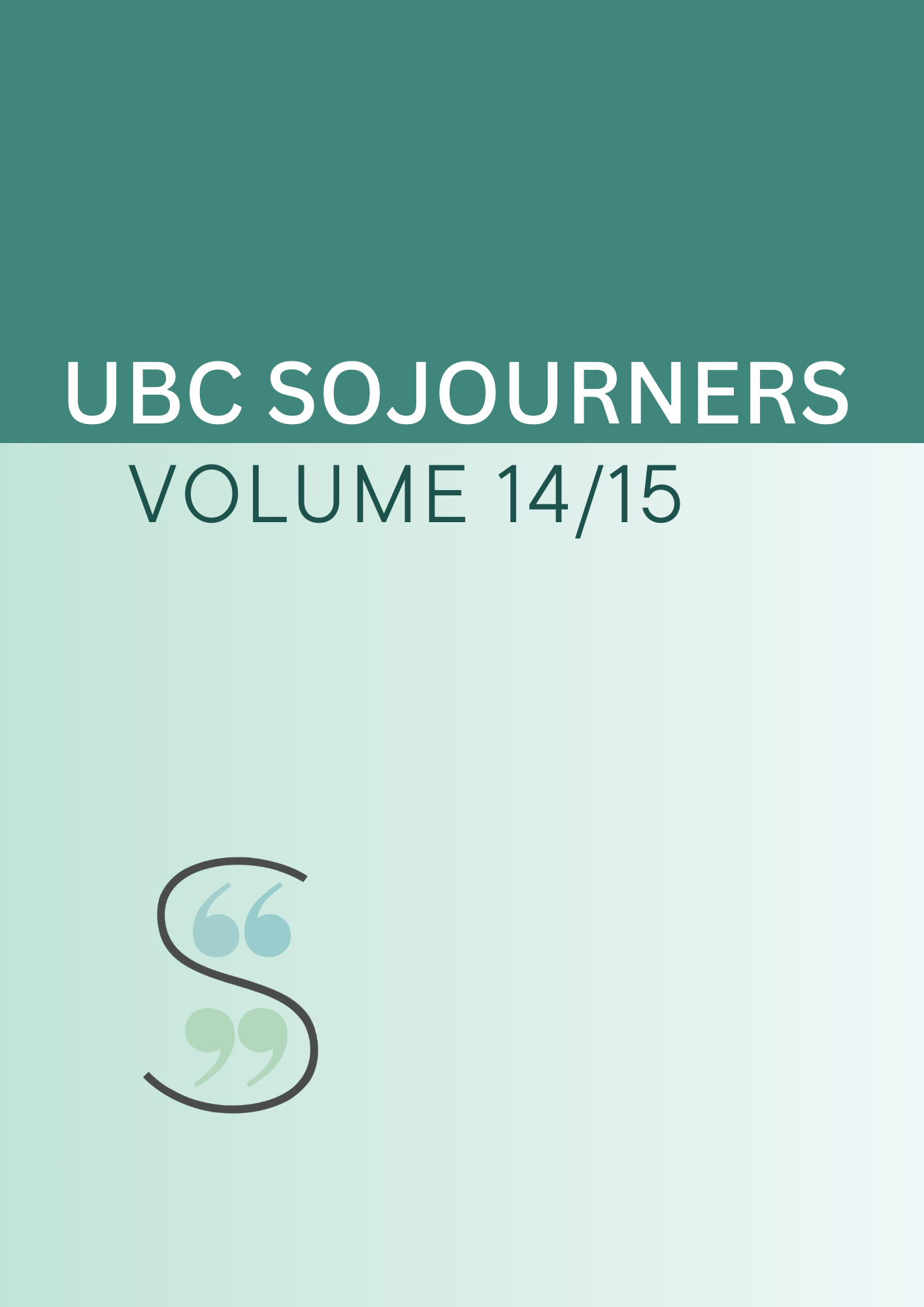The Siren’s Call for Non-Normativity: The Queering of Desire and Time Creates Horror in Robert Eggers’ The Lighthouse
Abstract
This theoretical paper takes a social justice lens to unpack the moral predicaments of normative society, normative bodies and reproductive linearity that pose institutional regulation and oppression to the queer or non-normative experiences of reality. Employing queer theory, I analyze Robert Eggers’ maritime gothic film, The Lighthouse (2019), and explore how the horror genre and monstrous bodies can be used to challenge our normative understandings of psycho-somatic experiences, often ambiguous, in conflict with processes of normative categorization that bring us terror. Through Terror Management Theory, I discuss how the abject body of the mermaid, the queer temporality of the setting of Pilot Rock, and the Lovecraftian existentialism in the film implores audiences to acknowledge the reality of the ‘abject’ in terms of corporeality and mortality, as a way to escape from regulation and oppression. The anti-hero, Ephraim Winslow, attempts an escape from normative society through a normative body, resolutely denying his own queer embodiment, which leads to his inevitable destruction. The mermaid, read as the queer agent, challenges the barriers set in place by normative society and our conceptions of reproductive linearity so that we may embrace our queer desires and our queer ‘non-normative’ bodies.
Downloads
Published
Issue
Section
License
Copyright (c) 2023 Sojourners Undergraduate Journal of Sociology

This work is licensed under a Creative Commons Attribution-NonCommercial 4.0 International License.

